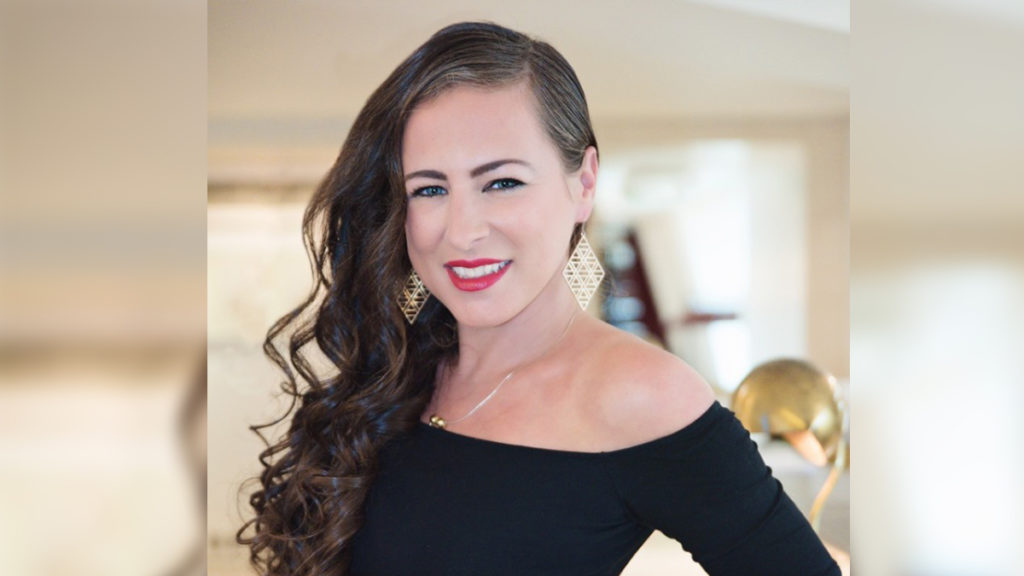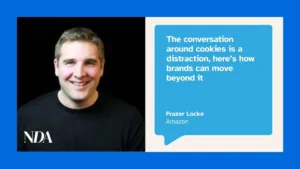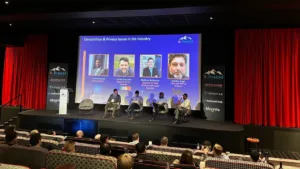By Lisa Goodchild, Chief Troublemaker, Digilearning Foundation
In the mixing and matching of human experience, accents are the sparkling hues that help build our identities. Yet, beneath the surface lies a silent struggle, where the echoes of accent bias reverberate through the corridors of society.
It infuriates me that it has been proven people will still judge someone’s intelligence on their accent? Shockingly ignorant and really very stupid. From the hustling streets of Birmingham to the cosmopolitan deep divide in London, individuals with working-class accents have long navigated a landscape spoiled by discrimination and marginalisation.
The mockery and judgement are palpable, a constant reminder of the barriers we face simply because of the way we speak. I know I grew up with the constant correction by the more affluent family members.
Recent statistics underscore the extensive nature of accent bias in our society. Research reveals that individuals with working-class accents face significant hurdles in various facets of life. Employment discrimination remains a concern, with studies showing that job applicants with “posher” accents are more likely to be hired than those with working-class accents.
This disparity not only impacts economic opportunities but also perpetuates cycles of poverty and limited social mobility. It’s a vicious cycle I’ve experienced firsthand, one that often feels pretty shite, it’s 2023? How is this possible?
But amidst the challenges, there is reason for hope. Over the years, we’ve seen a gradual shift in societal attitudes towards accent diversity. As individuals like myself reflect on our journeys from childhood to the present day, we take pride in the strides we’ve made. From the humble beginnings of our upbringing to the present, we’ve witnessed the transformative power of adversity and its role in shaping a more inclusive society.
However, the journey is far from over. As we stand on the cusp of possibility, it’s essential that we accelerate the momentum of change. Accent equality isn’t just a moral imperative; it’s also a sound business strategy. Studies have shown that diverse teams are more innovative, creative, and ultimately more profitable. Companies that embrace diversity see tangible results, from increased productivity to higher revenues. Plus, it injects a much-needed dose of excitement, realism and dynamism into the workplace.
Take, for instance, the case of Unilever. By creating a culture of inclusion and diversity, Unilever has not only attracted top talent from diverse backgrounds but has also seen a significant increase in market share and brand loyalty. It’s time brands woke up, the younger generations are not as tolerable as us older people.
Similarly, tech giants like Google and Microsoft have made an effort to diversify their workforce (still room… we need more work on social mobility), recognising the value that different perspectives bring to innovation. As a result, these companies have seen a surge in product development and customer engagement, driving growth and profitability. There is so much work to do and the proof is in the pudding as they say!
As we focus on this journey towards accent equality, let’s not lose sight of the transformative power of diversity. I’m the founder of Digilearning, an incubator for future leaders, we are asking the industry “are you listening and looking for the right background or right talent?”
#RightTalent Right here, Right now. By loving our differences and celebrating our unique voices, we can create a world where everyone has the opportunity to thrive. It’s time to break the silence, to amplify the voices that have long been silenced by discrimination, held back, blocked from progress and to build a future where accent diversity is not just accepted but celebrated as a source of strength, celebrated difference and resilience. It’s time to create more seats at the table, make room. Budge up.
Together, let’s break barriers for inclusion, unity, and hope that reverberates through the annals of history, inspiring generations to come. For in the sweet sounds of humanity, every accent adds depth, richness, and beauty to the chorus of our collective experience.









